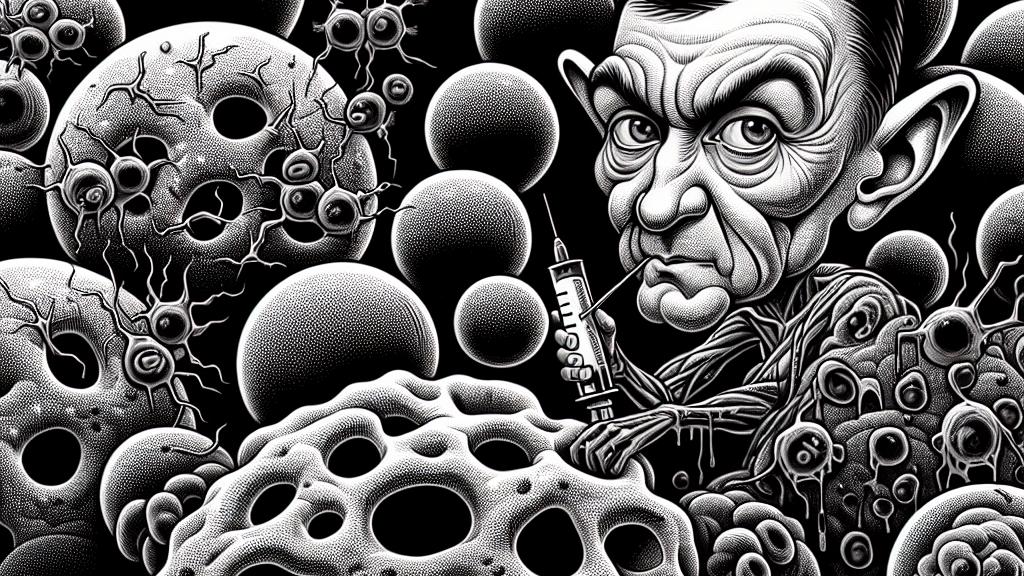Understanding the Efficacy of Immune Therapy Against Blood Cancer
Overview
- Acute myeloid leukaemia (AML) is a quickly progressing blood cancer with unique treatment challenges.
- While immune therapies have changed cancer treatment significantly, they often struggle with AML due to specific cellular responses.
- Ongoing research seeks to enhance the effectiveness of these therapies, aiming for breakthroughs that can transform patient care.

The Challenge of Acute Myeloid Leukaemia
Acute myeloid leukaemia (AML) is not just any cancer; it's an aggressive disease that rapidly deteriorates a patient's health. This condition occurs when the bone marrow starts producing an excessive number of abnormal white blood cells, leading to serious complications like severe fatigue, unexplained bruises, and frequent infections. In fact, patients can go from feeling healthy to in need of urgent medical intervention in a matter of weeks, highlighting the urgency of this illness. Unlike chronic leukemias that may allow for more time and standard treatments, AML demands immediate and tailored approaches. This stark difference in progression underlines the need for specialized therapies designed specifically for AML, as over-reliance on conventional methods can lead to disappointing outcomes.
Immune Therapy and Its Limitations
Immunotherapy has revolutionized treatment for several cancers by utilizing the body’s own immune system as a powerful ally. However, when applied to AML, this therapy often encounters significant roadblocks. For instance, therapeutic T cells—agents designed to attack cancer—can unintentionally release proteins that suppress their cancer-fighting abilities. This self-sabotage is a major hurdle that differentiates AML from other cancers like non-Hodgkin lymphoma, where immunotherapy has shown remarkable success. Groundbreaking therapies like CAR-T have provided new hope for many; however, in the case of AML, the results have often fallen short of expectations. This discrepancy raises crucial questions: How can we adjust these therapies to make them effective against AML? The answer lies in a deep understanding of the underlying mechanisms driving the immune system's response to this challenging cancer.
Future Directions in Treatment Research
As we gaze into the future of AML treatment, the landscape is bright with promise and potential breakthroughs. Research is focusing on immune checkpoint inhibitors, agents that can disrupt the pathways allowing AML cells to hide from the immune response. By blocking these pathways, scientists aim to enhance the immune system's ability to pinpoint and destroy cancer cells more effectively. Additionally, the exploration of combination therapies that integrate immunotherapy with traditional chemotherapy is gaining momentum. By harnessing the strengths of both approaches, these combinations may offer synergistic effects that could significantly boost treatment efficacy. For example, experimental trials combining these methods have started to show encouraging preliminary results. As researchers continue to unravel the complexities of AML, we are optimistic that innovative strategies will soon emerge, potentially transforming the lives of patients battling this devasting illness.

Loading...